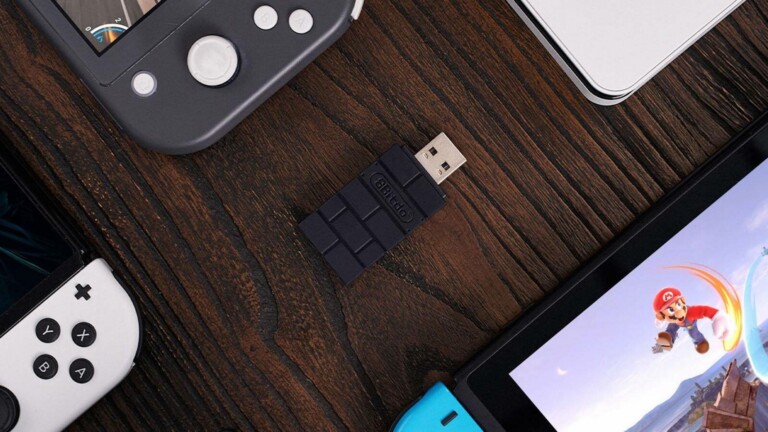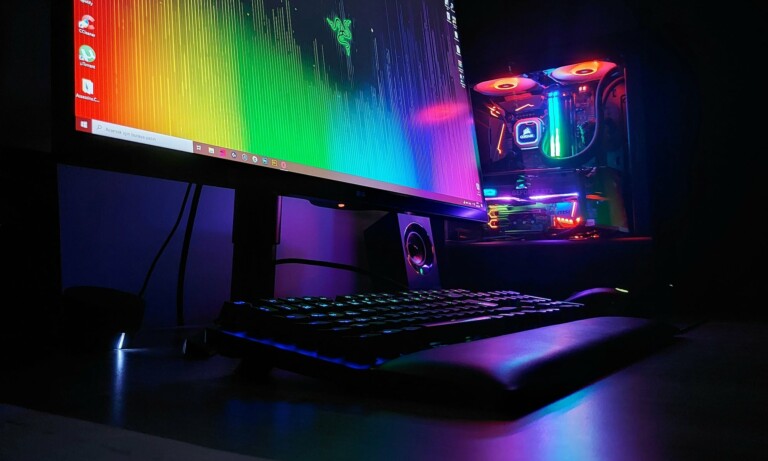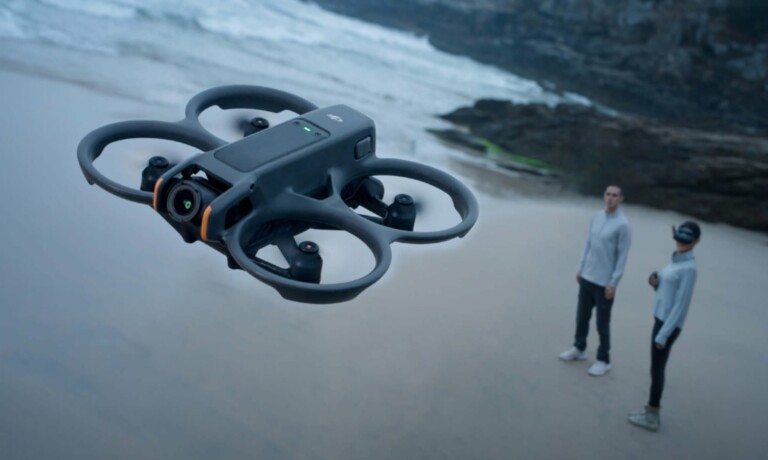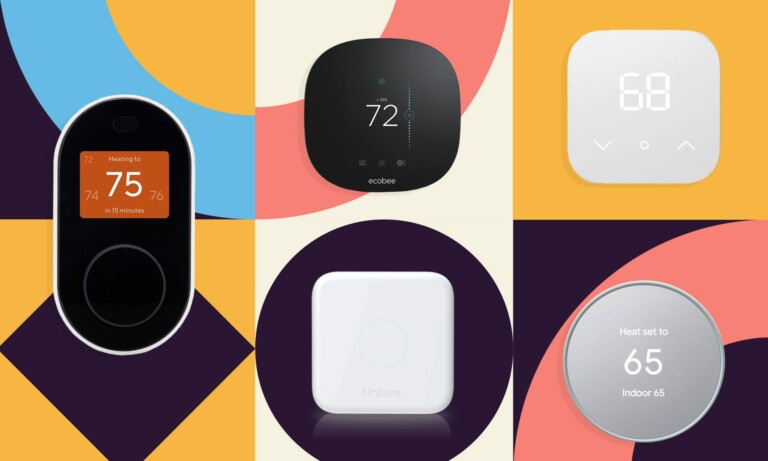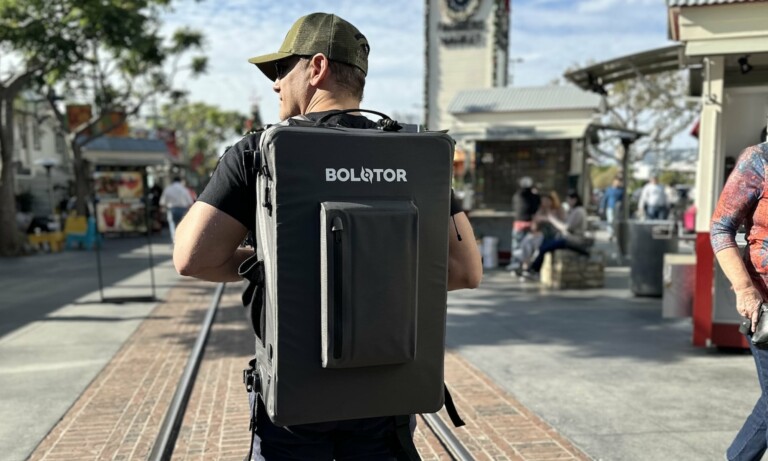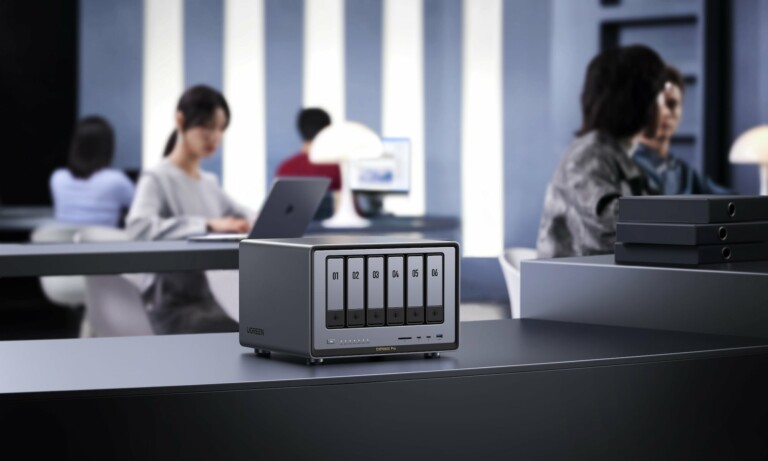NextBit’s Robin Smartphone Runs Streamlined Android with Vast Cloud Storage

In recent times, the Cloud has seamlessly taken over as the venue for much of our data and many of our daily computing tasks. But this trend has yet to take hold fully on mobile, in part due to the unreliable nature of 3G/4G connectivity. As high-speed data spreads, however, it makes sense for mobile devices to offload as much of the raw processing as they possibly can. A startup named NextBit thinks now is the time, and is seeking to launch Robin — a smartphone that will run a sleek, heavily customized version of Android with the cloud at its heart.
Such ambitions are not empty words. NextBit is a small team of engineers with phones such as the G1 and M8 in their design CVs. To make the Robin work, owners of the new phone will be supplied with upwards of 100GB of online storage, along with the 32GB of physical storage provided by the phone. Everything that is added locally is backed up online, but the operating system makes a note of the photos you leave unviewed and the apps you do not open. As your local storage fills up, these unloved files are intelligently removed from your phone, but are still instantly retrievable from the cloud — although you can take manual control, if you prefer.
Physically, the Robin is also impressive. It is slim, with a Snapdragon 808 chip, 3GB of RAM, and pragmatic power management features. It also features a 13MP rear camera with phase detection and dual-tone flash, along with a 5.2-inch IPS display, and a fingerprint sensor. Buyers can choose from two stylish colors (Midnight or Mint), and four LED lights on the back indicate when the Robin is connected to the cloud. Compulsive Android fiddlers will be glad to note that the phone is compatible with any custom ROM, and it will remain under warranty even if you brick the handset.
At the time of writing, the pre-order price is equally alluring: $349, with 100GB of storage. Delivery is scheduled for next February. When the Robin lands, it may well knock many other smartphones off their perches.
